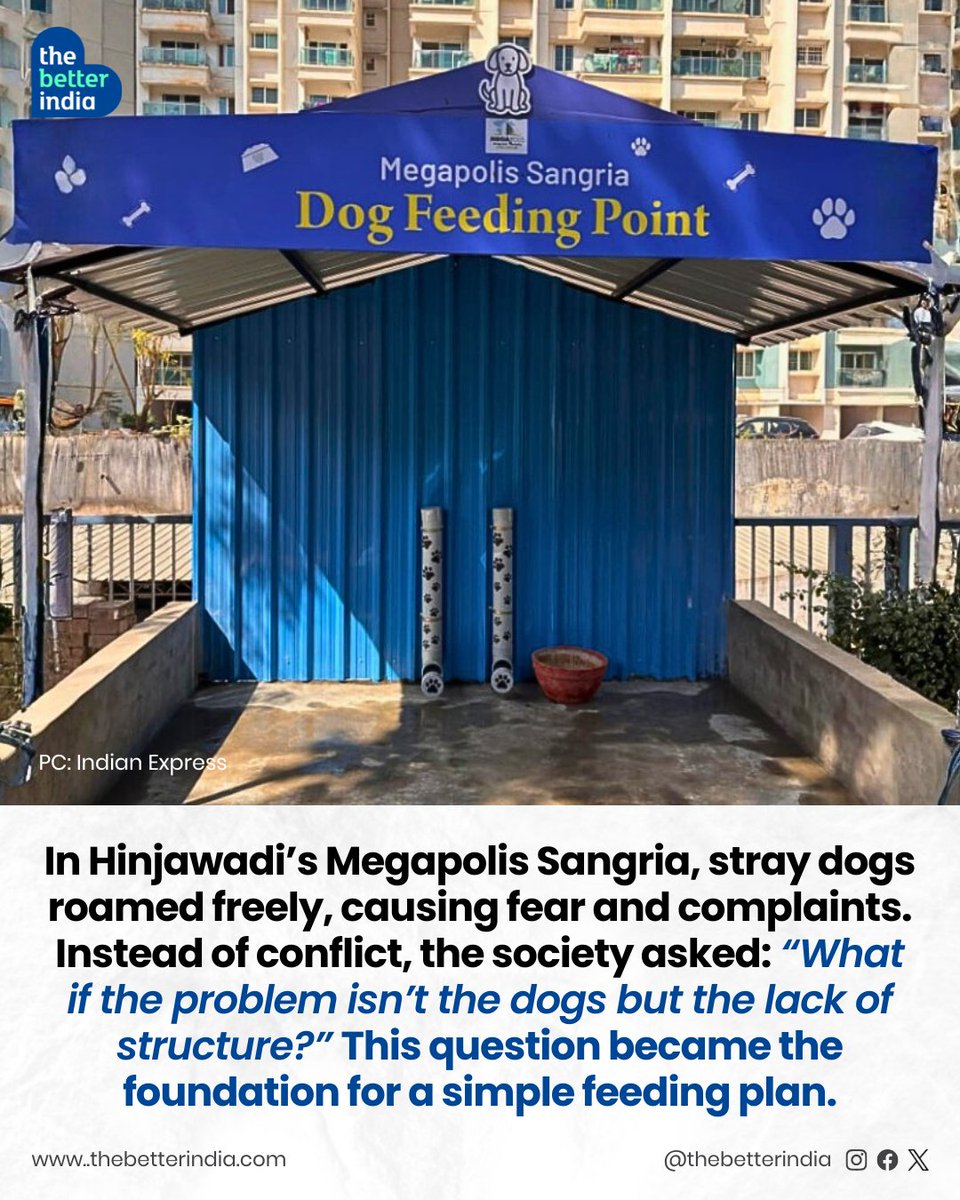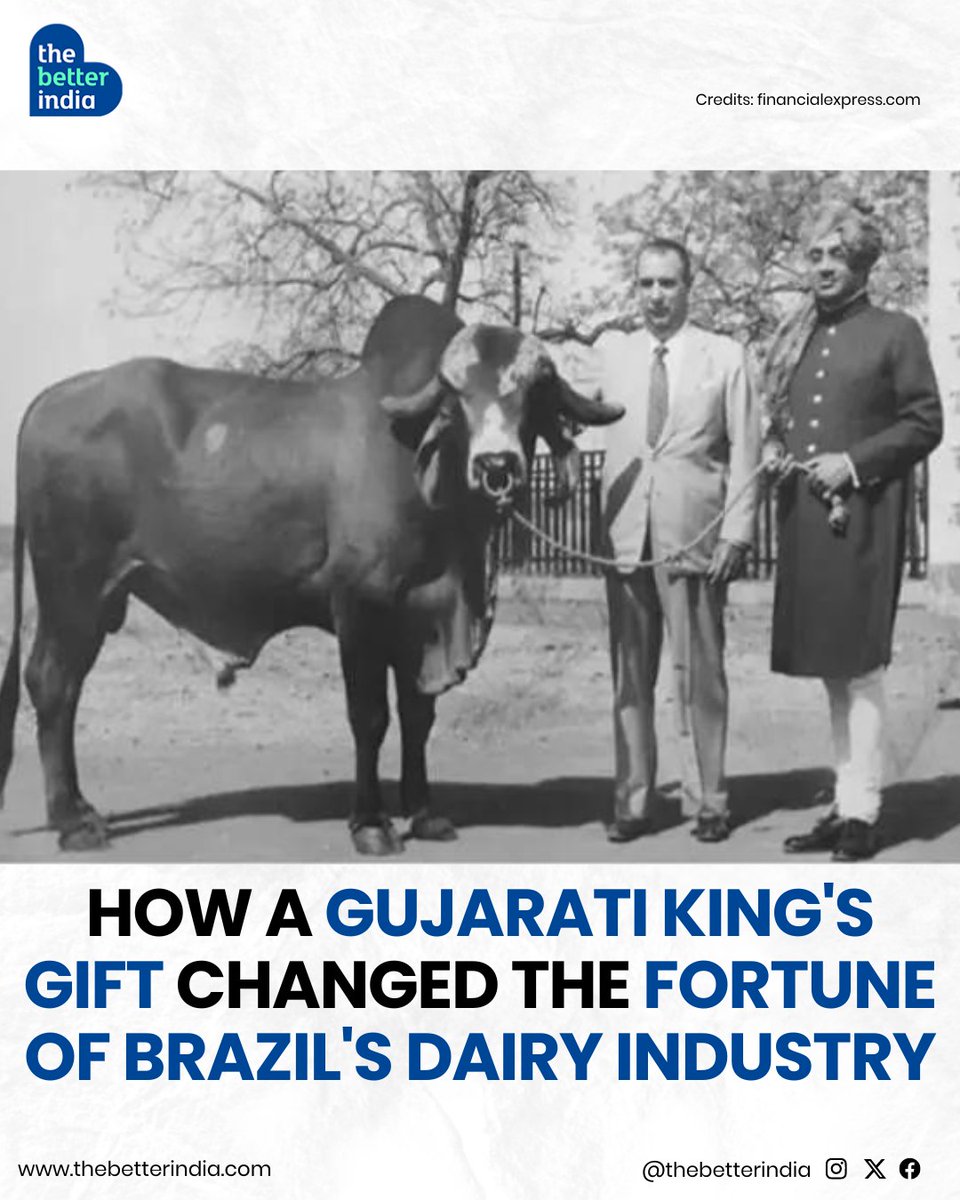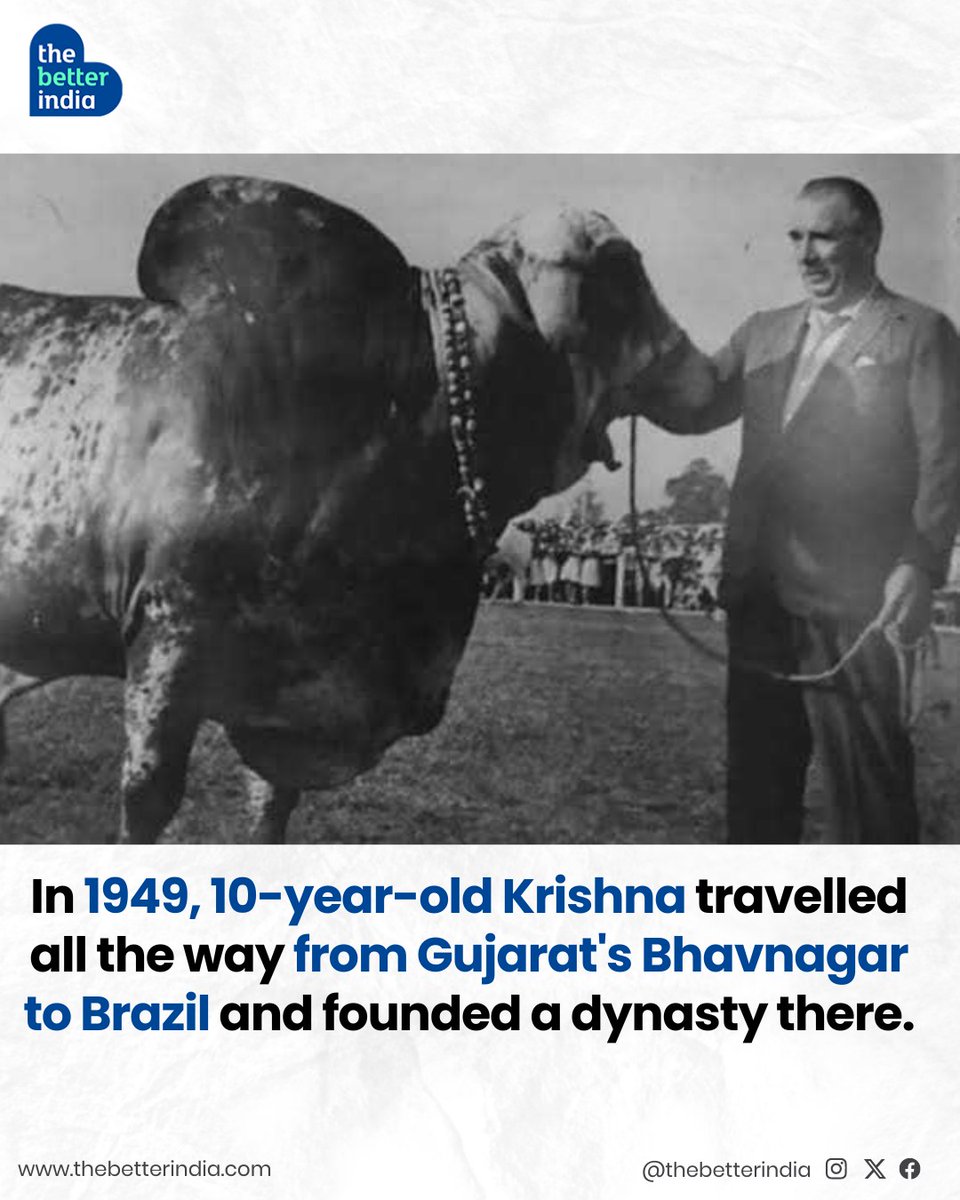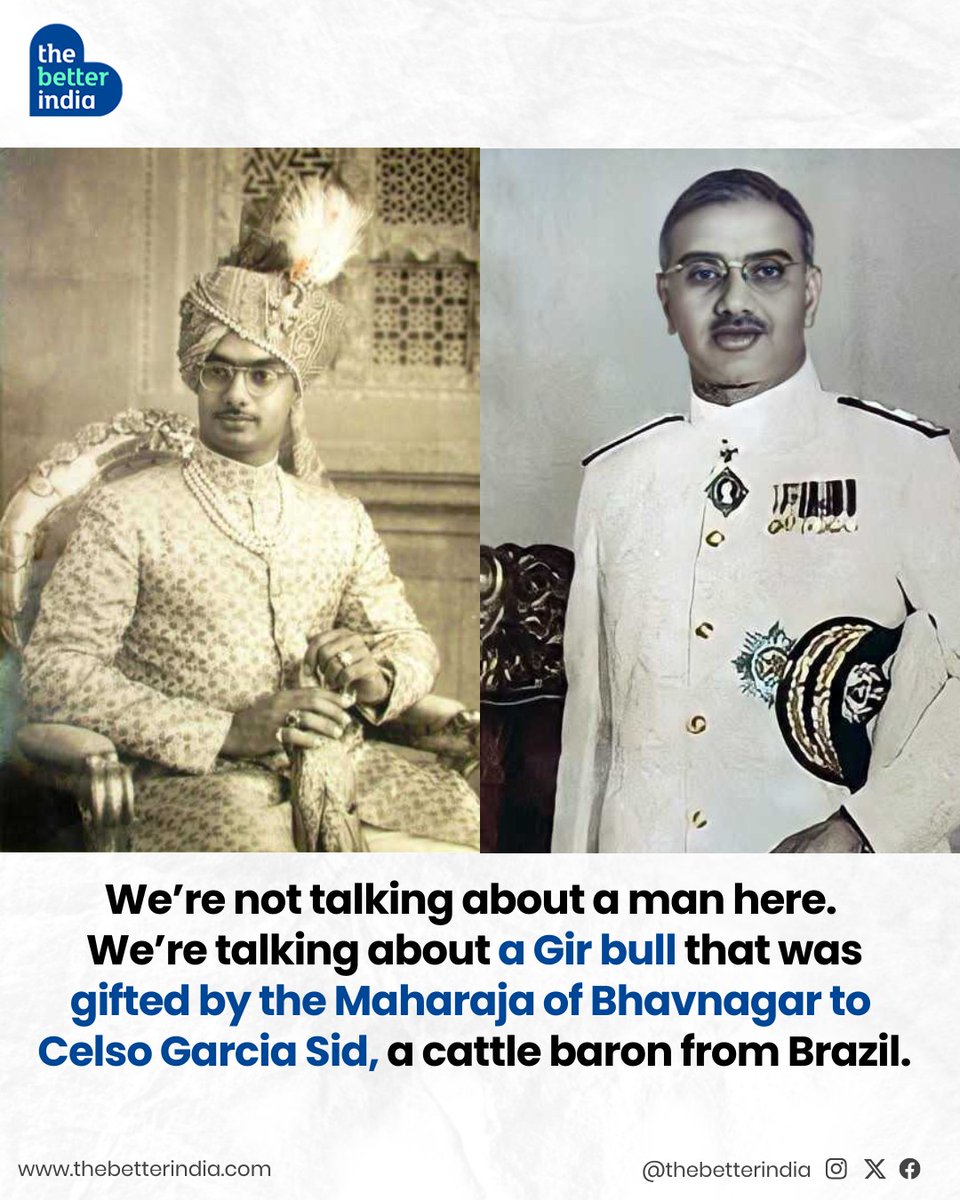#MentalHealthDay
From taking care of her Schizophrenic daughter to being president of the Schizophrenia Awareness Association & helping draft the Mental Healthcare Act in 2017 to authoring a book on mental illness, Amrit Kumar's journey has been inspiring for all.
@amritbakhshy
From taking care of her Schizophrenic daughter to being president of the Schizophrenia Awareness Association & helping draft the Mental Healthcare Act in 2017 to authoring a book on mental illness, Amrit Kumar's journey has been inspiring for all.
@amritbakhshy

“When my daughter fell ill in 1991, I hadn’t even heard of schizophrenia. The internet was new, so I used it to go through Wikipedia and other portals for preliminary information. 

I wanted to pass on this critical knowledge to other families with similar stories through my book, 'Mental Illness and Caregiving. 

I want it to be a Bible for caregivers in India. This will be what they call a swan song — my parting gift to the community,” says 79-year-old Bakshy.
#MentalHealthMatters #Schizophrenia #MentalSickness #InspirationalWork #TheBetterIndia
#MentalHealthMatters #Schizophrenia #MentalSickness #InspirationalWork #TheBetterIndia

• • •
Missing some Tweet in this thread? You can try to
force a refresh























